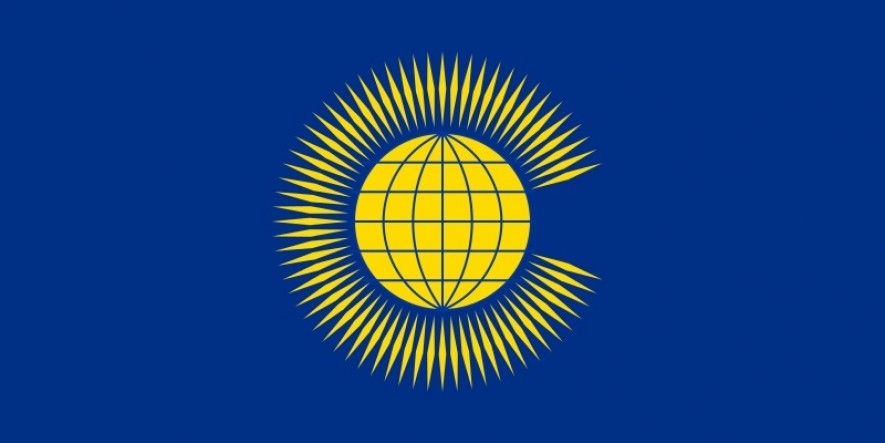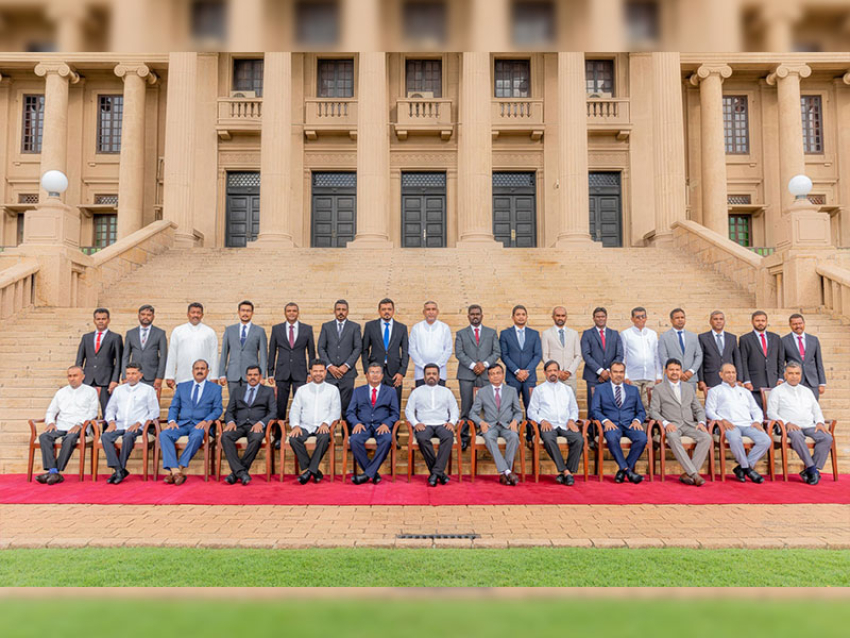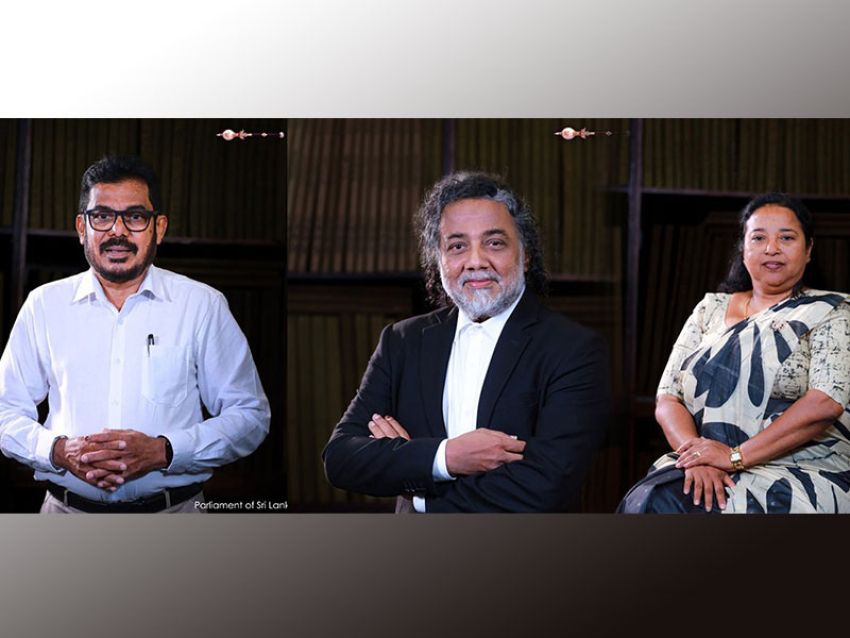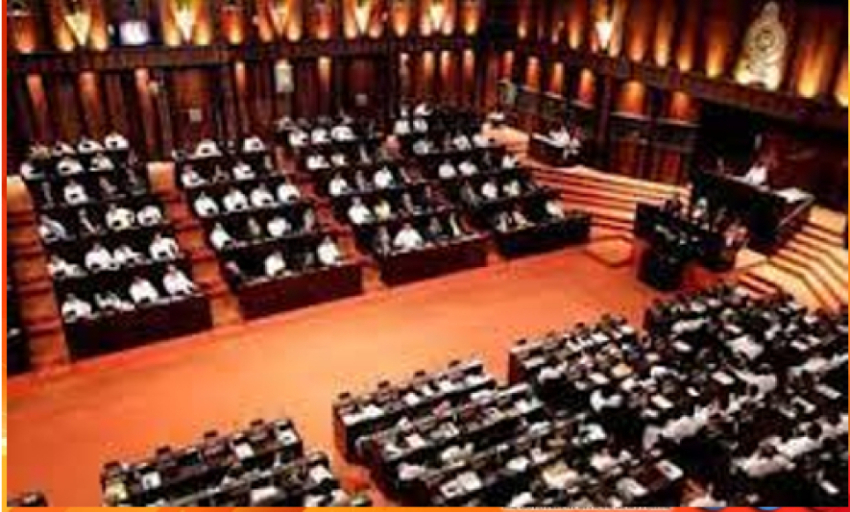"We have discussed options for practical Commonwealth support for these vital domestic processes, and welcome the intent to establish a credible domestic investigation mechanism that respects international humanitarian law," Sharma said at the end of a three-day visit.
Sirisena defeated former strongman Mahinda Rajapakse who had long resisted international pressure to conduct a probe into the allegations which are the subject of a UN-mandated international investigation.
Rajapakse hosted a Commonwealth summit in Colombo in November 2013 that was boycotted by several heads of state over his insistence that not one civilian was killed.
Rajapakse is credited with crushing the Tamil Tiger rebels who at the height of their power between 1990 and 1995 controlled a third of Sri Lanka's territory.
Sharma said the Commonwealth was pleased Colombo was moving to memorialise all those who died in the conflict.
"We were pleased to learn that the government is currently considering the necessary steps to address Sri Lanka's accountability and reconciliation needs," Sharma said.
The new government has promised a South African-style truth and reconciliation commission to help Tamils and ethnic majority Sinhalese come to terms with the war.




















